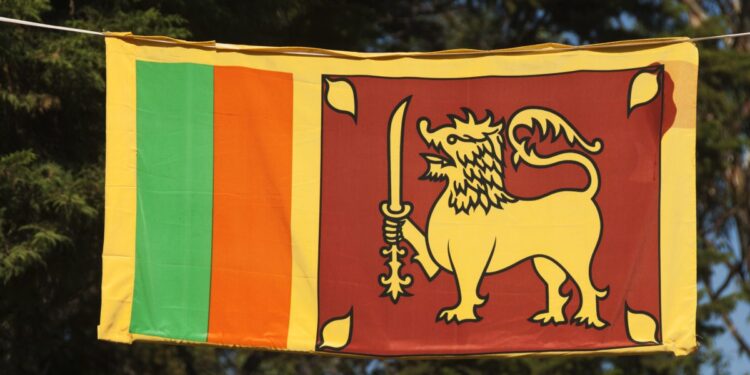Lagatar24 Desk
Colombo: Millions of Sri Lankans headed to the polls on Saturday to elect a new president, marking the first national election since the country experienced its worst financial crisis in decades. The newly elected leader will be responsible for strengthening Sri Lanka’s fragile economic recovery, which has been supported by a $2.9 billion bailout from the International Monetary Fund (IMF).
More than 17 million of the island’s 22 million people are eligible to vote, with the race shaping up as a tight contest between current President Ranil Wickremesinghe, opposition leader Sajith Premadasa, and Marxist-leaning challenger Anura Kumara Dissanayake.
Voting Underway Across the Island
In Colombo, citizens lined up early at polling stations, where voting began at 7 a.m. (0130 GMT) under the watchful eye of security personnel. Local media reported that voting was proceeding peacefully across the country. Polls are scheduled to close at 4 p.m. (1030 GMT), with the Election Commission expected to announce the results on Sunday.
With more than 13,000 polling stations set up and 250,000 public officials managing the election process, R.M.L. Rathnayake, head of the election commission, described the voting process as running smoothly.
Economic Crisis and Political Turmoil
This election follows the severe economic crisis that crippled Sri Lanka in 2022, when a foreign exchange shortage left the country unable to import essential goods like fuel, medicine, and cooking gas. The crisis led to widespread protests, with demonstrators occupying the president’s office and forcing the resignation of then-President Gotabaya Rajapaksa.
Despite signs of economic recovery, supported by the IMF bailout, high living costs remain a critical issue for voters. Inflation, which peaked at 70%, has now fallen to 0.5%, and the economy is projected to grow in 2024 for the first time in three years. However, many Sri Lankans are still burdened with poverty and debt, and the next president will face the challenge of helping millions emerge from this financial hardship.
Future Economic Path
Whoever wins the presidency will need to ensure Sri Lanka sticks to the IMF’s recovery program, which extends until 2027. This will involve stabilizing the country’s growth, attracting investors, and lifting a quarter of the population out of crisis-driven poverty.
Foreign Minister Ali Sabry urged voters to choose wisely, writing on X: “Your decision at the polls today will shape the future of our nation, not just for the next five years, but for generations to come.”
Preferential Voting System
Sri Lanka’s ranked voting system allows citizens to cast three preferential votes for their candidates. If no candidate wins 50% of the votes in the first round, a second round will be held between the top two candidates, with the votes of other candidates redistributed—an outcome that analysts predict due to the close nature of the election.
The election outcome is expected to significantly influence Sri Lanka’s path toward economic recovery and political stability.







